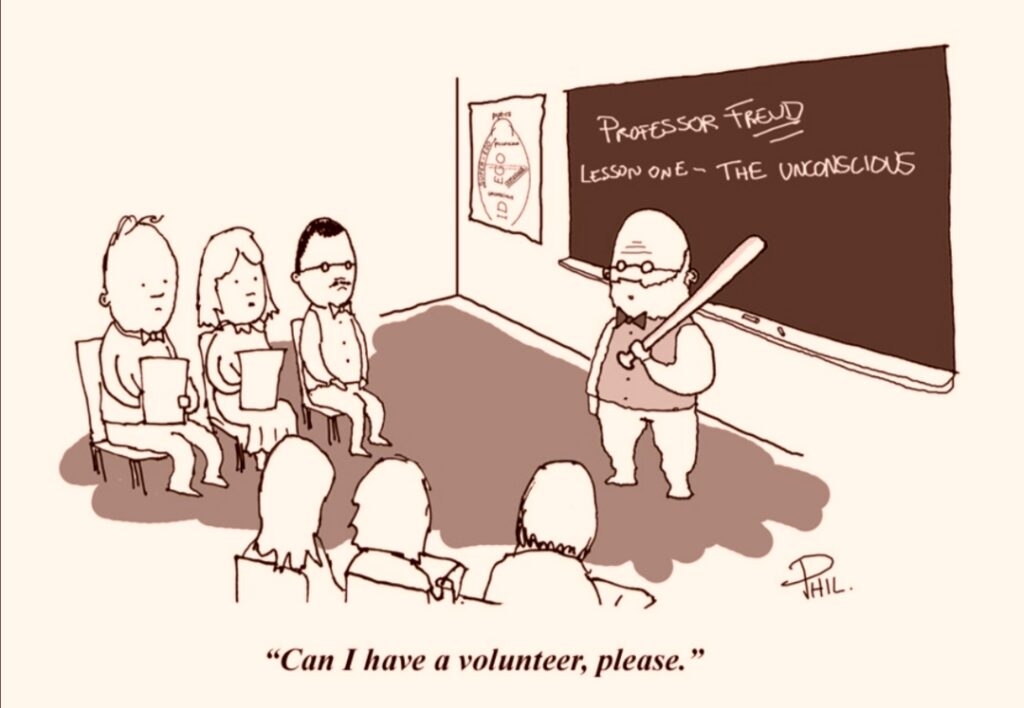Freud och de religiösa

”Freud himself […] insisted that people should not need religion, called it a cultural neurosis, and set himself up as an example of those who could do without it. Intentionally or unintentionally, he gave the world several generations of psychoanalysts who, coming to him from all walks of life, dropped whatever religion they had at the doors of their institutes.
If they refused to do so, they managed to dissociate their beliefs from their analytic training and practice, with the sad effect of having an important area of their lives untouched by their training. If they dealt with religion during their own analyses, that was the beginning of the end of it.”
Rizzuto, 1981
Sigmund Freud och religion… “Alla” vet att Freud inte gillade att folk var religiösa. Citatet ovan, av Ana-Maria Rizzuto (ur “The Birth of the Living God”) gissar jag beskriver hur det var. Hon är själv psykoanalytiker, tillhör dock inte 1:a generationen, de som behövde gå i analys hos Mästaren själv för att bli godkända, men hon har säkert borrat ned sig ordentligt i ämnet så hon vet vad hon pratar om.
Min bild av det där, Freuds bidrag till ämnet religion o andlighet, är att han var beredd bejaka och fascineras av allt möjligt konstigt fram till nån sorts “gräns”, men gick inte över. Han vaktade den där gränsen väldigt noga. T ex Jung, i Freuds ögon, gick över. (Han sitter ju där på första raden f ö 🙂 ) Finns ett känt citat där han anklagar Jung för att släppa loss “en slamflod av ockultism” etc med de adderingar Jung vill göra till psykologin. Assagioli gjorde det väl med, ville inte nöja sig med landskapet hitom gränsen. (Och de begåvade herrarna gick vidare och grundade sina egna skolor, system.) Men Freuds bidrag till att förstå religion o andlighet när sådan blir problematisk lever. Det är hans värdefulla bidrag till området, som jag ser det.